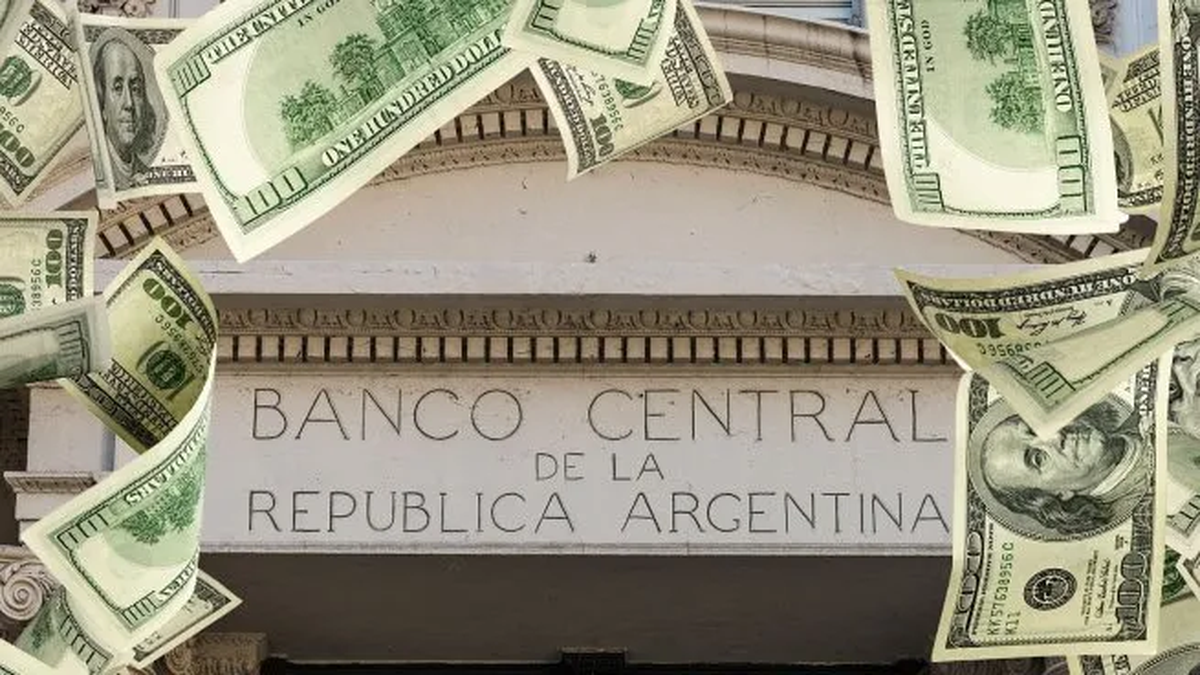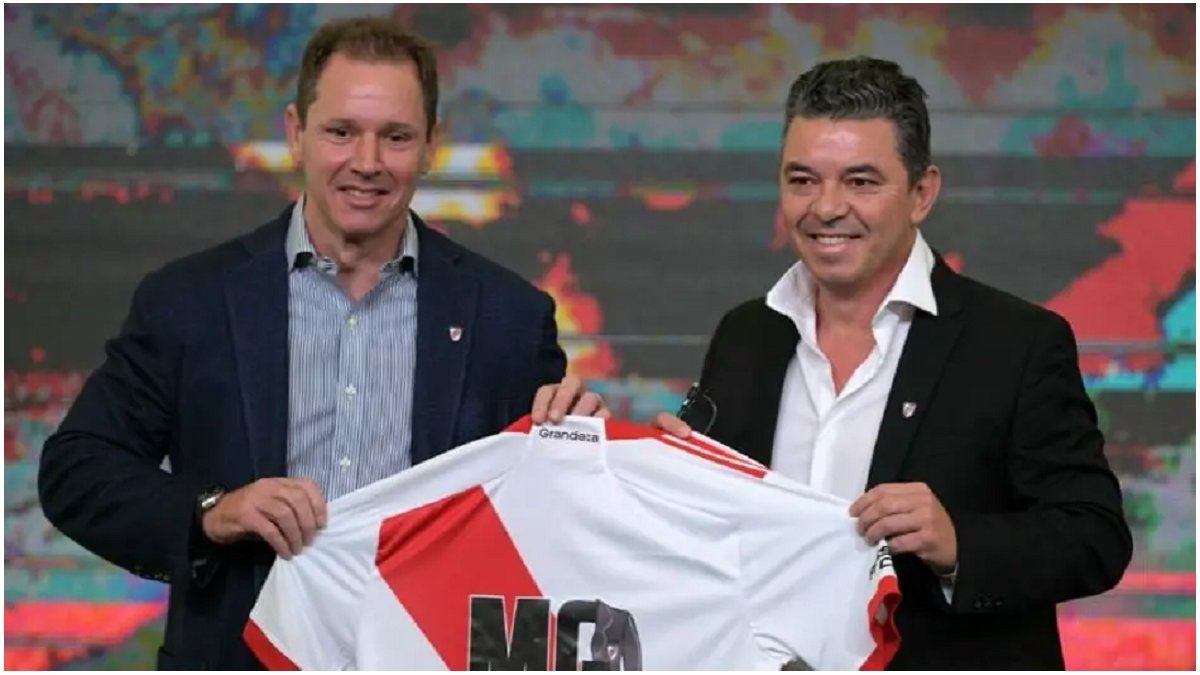He real estatebetween construction and the real estaterepresents 12% of the GDP of Uruguay. Last year alone, 50,730 housing vouchers were signed, representing 3.5 billion dollars. However, the informality exceeds 50%, so the Real Estate Chamber of Uruguay (CIU) presented to Parliament a bill to professionalize the trade.
The vice president of the Real Estate Chamber, Matias Medinagave details of the project approved by the Constitution and Codes Commission of the Chamber of Deputies. The union considers that the lack of regulation favors the presence of “opportunists” who operate outside the law and can affect consumers by carrying out scams.
“This bill is being proposed by the most representative unions in the sector, the Real Estate Chamber together with all the associated chambers that work throughout the territory. What we want is to formalize and professionalize the sector. This consists of creating a registry of real estate operators which is under the orbit of the Ministry of Labor with a commission than with three members of the Executive and two people from the unions who are in charge of issuing the license plates and collecting the registrations, seeing that all the operators are working correctly, sanctioning if necessary and also what we consider important in that commission is the creation of a real estate observatory“, he explained to Ambit.
The initiative also includes that those interested in being real estate operators must complete a training course endorsed by an institute that is recognized by the Ministry of Education and Culture.
According to the project being studied by Parliament, real estate agencies that are working and can prove a seniority of one year, would register without having to take the real estate operator course, but as soon as it becomes law. The owners will also be able to continue selling without having to incorporate a real estate agency and those who are working within the sector informally or irregularly must formalize themselves.
“What the law seeks is to solve different aspects that are partially ordered today. It comes to professionalize the sector as it exists in all countries in the world. Here we have a career as a real estate operator at a tertiary level, which has 1,664 hours of training, four semesters, which gives the suitability to be able to work professionally. From now on, each operator will be trained in the best way, but that is the minimum that we consider necessary to be able to carry out the activity because there is a risk also linked to assets, appraisals, the marketing plan even with the subject. of money laundering” commented the vice president of the union.
According to a study carried out by the consulting firm Exante For the union, there is currently 50% informality in the sector. For the real estate chamber, this can encourage the creation of a clandestine market “which puts at risk the legal and economic security of those who participate in real estate businesses.”
“What is needed is for there to be a guarantee in the business, for the person to be trained to provide good advice and for the State to have regulations that will increase revenue and comply with what the law requires.” Senaclaft to the real estate operators that we are obligated subjects,” Medina added.
The project entered the Parliament in July 2022 and last year some modifications were incorporated, but it has not had movement for a year nor has it gone to the chamber plenary session, the union denounces. They trust that this legislative period will be approved, beyond the circumstances of it being an electoral year. “That should not have an impact,” said the vice president.
Source: Ambito




